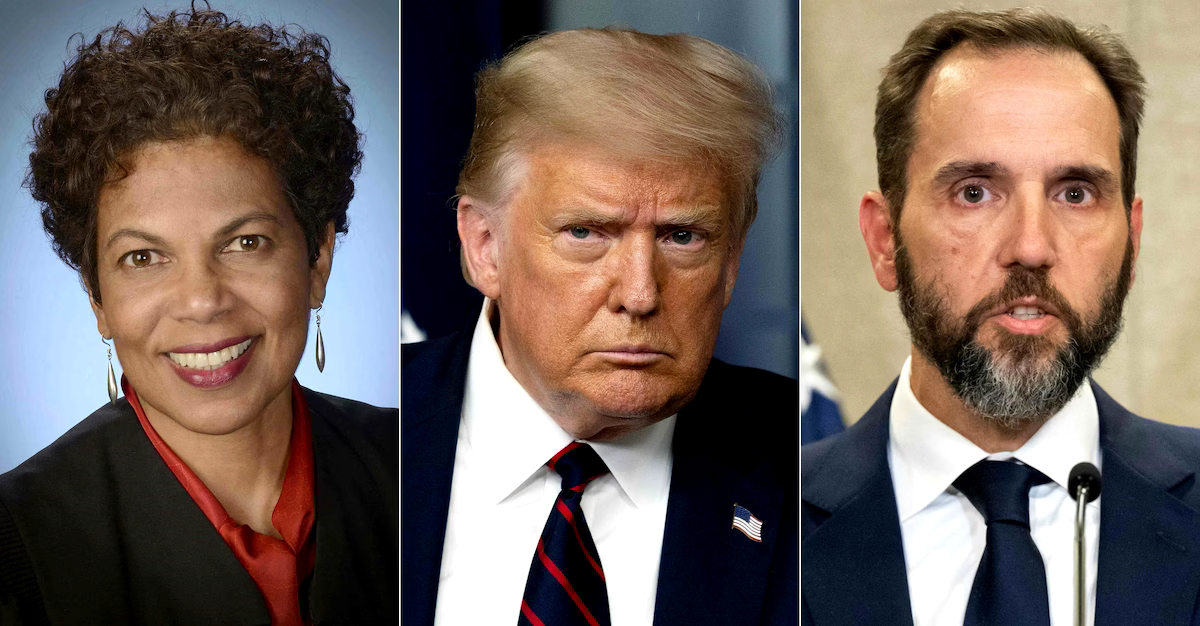Chutkan, the judge presiding over Donald Trump's criminal case, has responded to his request for recusal. She stated that she evaluates defendants' claims based on facts and arguments presented, and her impartiality should not be questioned. Chutkan emphasized that it is the defense, not the court, assuming the defendant's guilt. She cited a federal appeals court ruling from the Watergate scandal to support her stance. The appellate court had refused to disqualify a judge for expressing a belief that criminal liability extended beyond those brought to trial. If the trial date remains unchanged, it will be the first of up to four criminal trials for Trump. He faces charges related to hoarding classified documents, obstructing election results in Georgia, and falsifying business records in New York. Chutkan is expected to rule next month on a limited gag order requested by prosecutors to address Trump's public statements undermining public confidence in the judicial system. Some analysts believe Trump's recusal request is a way to rally his supporters. Legal experts argue that Chutkan's statements do not indicate bias, and Trump's strategy is to delay the trial and gain public sympathy. Trump has previously made similar recusal requests in his New York criminal case, which were denied.
Judge Chutkan denies Trump's request to recuse herself from his federal election obstruction case.
U.S. District Judge Tanya S. Chutkan has denied Donald Trump's request for her recusal from his federal election obstruction case. Trump's attorneys accused Chutkan of bias based on two statements she made during the sentencing of defendants involved in the January 6, 2021, Capitol attack. However, Chutkan argued that a reasonable person would understand that her statements were not vague declarations about potential guilt but rather an evaluation of the defendants' arguments for reduced sentences. Trump's defense can seek review from an appellate court, but the standard for such a review is high, requiring clear and indisputable proof of a judge's failure of duty. Legal ethics expert Stephen Gillers explained that an appellate court would defer to Chutkan's decision unless it found it to be an abuse of discretion. Gillers also noted that Trump cannot appeal the decision until after the trial is over. In their request for recusal, Trump's lawyers claimed that Chutkan had prejudged the former president's guilt based on her statements during the sentencing of two defendants involved in the Capitol attack. However, prosecutors argued that Trump's defense had cherry-picked and misapplied Chutkan's statements to wrongly argue bias. They stated that Chutkan's statements were a response to the defendants' arguments for leniency and did not display improper bias or prejudgment. The Supreme Court has ruled that a judge should only recuse themselves if their opinions display deep-seated favoritism or antagonism that would impede fair judgment. Chutkan agreed with this standard and emphasized that she had not recommended investigating or charging any other individuals related to the January 6 events.
Comments


.jpg)